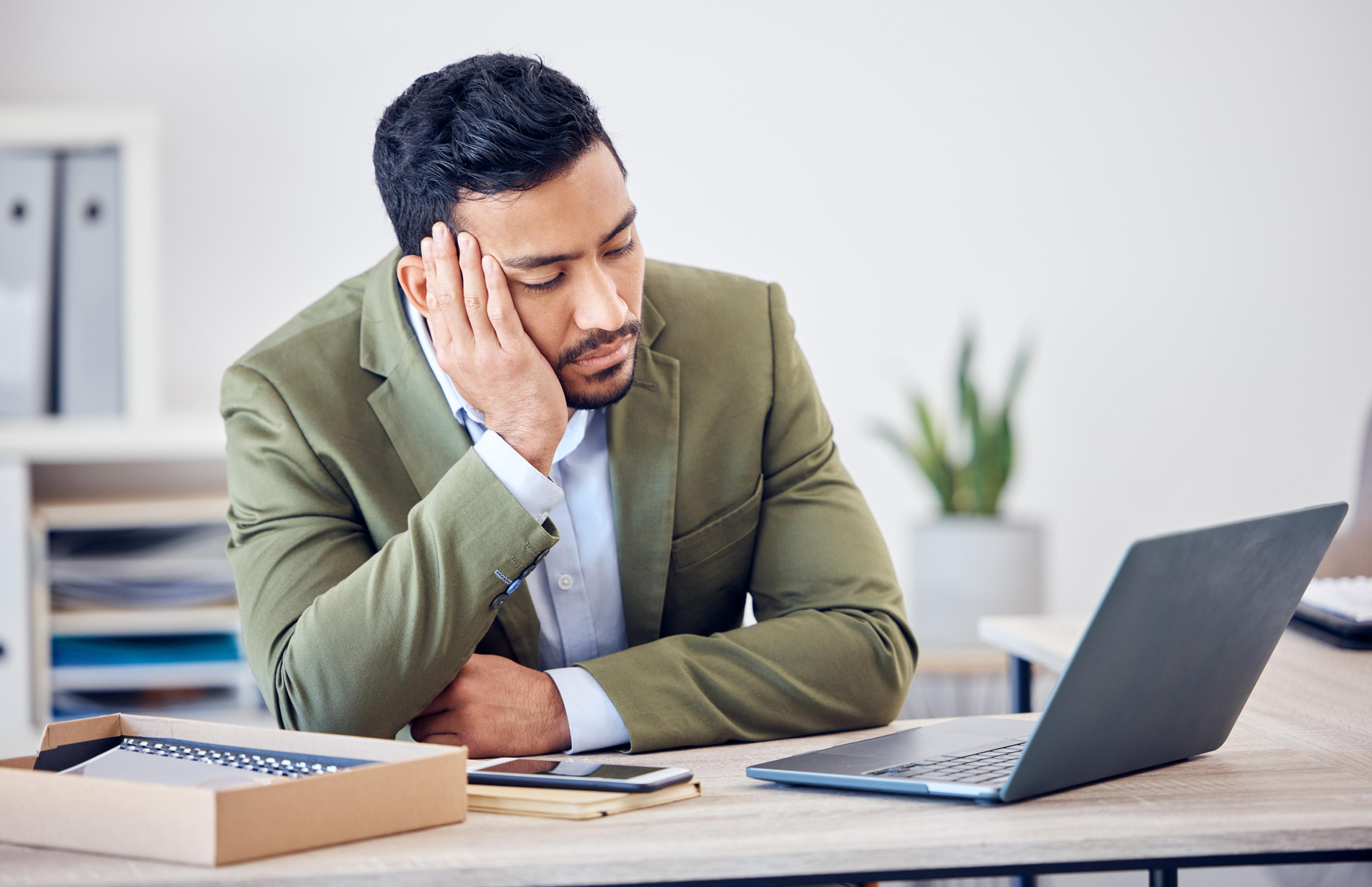Is Falling Asleep After Eating a Sign of Diabetes?
Jake Newby
| 4 min read

That sleep-inducing power duo of tryptophan and carbohydrates during Thanksgiving dinner can leave us snoozing on the couch within an hour or two. But if you’re falling asleep after big meals on a semi-regular basis, it may be time for you get to the bottom of the issue.
“Food comas” have a clinical name – postprandial somnolence. Individuals with postprandial somnolence may experience the symptoms listed below, which can sometimes last as long as two to three hours:
- A lack of concentration or focus
- Drowsiness or sleepiness
- Low energy levels
So, is feeling sleepy after eating a sign of diabetes? Let's dig a little deeper.
Why do I get sleepy after eating?
Postprandial somnolence can be attributed to a few different factors. Some of the foods we eat release certain hormones that make you groggy. The size and timing of the meal are two more factors. Processed foods and foods with a lot of carbs can increase feelings of drowsiness after meals.
Sleep quality is another factor. If you don’t sleep well at night – or you are just coming off a poor night’s sleep – a big, carb-heavy meal may be enough to set your already-struggling circadian rhythm completely out of whack.
Why does sugar make me tired?
There can be a correlation between fluctuating blood sugar levels – which are a hallmark of diabetes – and feelings of fatigue after eating.
The glycemic index (GI) is a value assigned to foods based on how quickly and how high those foods cause increases in blood glucose levels. When we eat foods with a high GI – like sugary snacks and refined grains – this can cause blood sugar to spike rapidly, before inevitably crashing. These crashes can make us sleepy and explain why you may feel tired after eating sugar.
Elevated blood sugar itself is known as hyperglycemia, which is common in people who have diabetes. When blood sugar does rise after a meal, this can trigger hyperglycemia and fatigue.
Then there is reactive hypoglycemia. In some cases, reactive hypoglycemia occurs when your body makes too much insulin after a large, carb-heavy meal. This boost in insulin can cause blood glucose levels to drop below a normal range. All of these factors can be tied to the fatigue we feel after eating, especially if it becomes a pattern.
Does high blood sugar make you sleepy?
When people with diabetes – usually type 2 diabetes – get sleepy after eating, high blood sugar (hyperglycemia) or low blood sugar (hypoglycemia) are often the culprit. If you are experiencing symptoms like blurry vision, unintentional weight loss, extreme thirst, frequent urination at night and slow-healing sores or cuts, talk to your primary care provider (PCP). They can schedule blood tests to determine if you have diabetes.
Postprandial sleepiness could also be linked to conditions like anemia, allergies, food intolerance and celiac disease. If it’s a recurring problem for you, bring it to the attention of your PCP, so you can discuss symptoms and hatch outa next step.
How can I prevent sleepiness after eating?
A few proactive ideas to stop postprandial sleepiness before it starts can include:
Take a post-meal walk: Going on a short 10-to-15-minute walk after a meal – especially a big one – can stabilize your blood sugar levels, give you a boost in energy and help you stave off drowsiness. Exposure to bright light during the walk is a bonus that should also help.
Stay hydrated: Eating a large meal without drinking much water throughout the day can also lead to feelings of fatigue. Drinking from a reusable water bottle that you refill multiple times a day can do wonders.
Alter your diet: Whether you have diabetes or not, high blood sugar can make you sleepy, because of aforementioned blood sugar imbalances. Eat fewer high-GI foods such as sweets, sugary soft drinks, white bread and rice and potatoes, and especially avoid multiple high-GI foods in one meal. Mixing in more whole, unprocessed, non-starchy vegetables that are high in fiber and low in carbs is always a good thing. These are foods like cucumbers, broccoli, tomatoes, lettuce and green beans.
Work on improving nightly sleep: Sufficient nightly sleep can reduce excessive daytime sleepiness, which could translate to less drowsiness after a meal. Try improving your sleep hygiene by going to bed and waking up at the same time every day, making your bedroom dark, quiet and comfortable, limiting screen time an hour or two before bed and avoiding caffeine beyond the early afternoon.
Photo credit: Getty Images
Read on:





